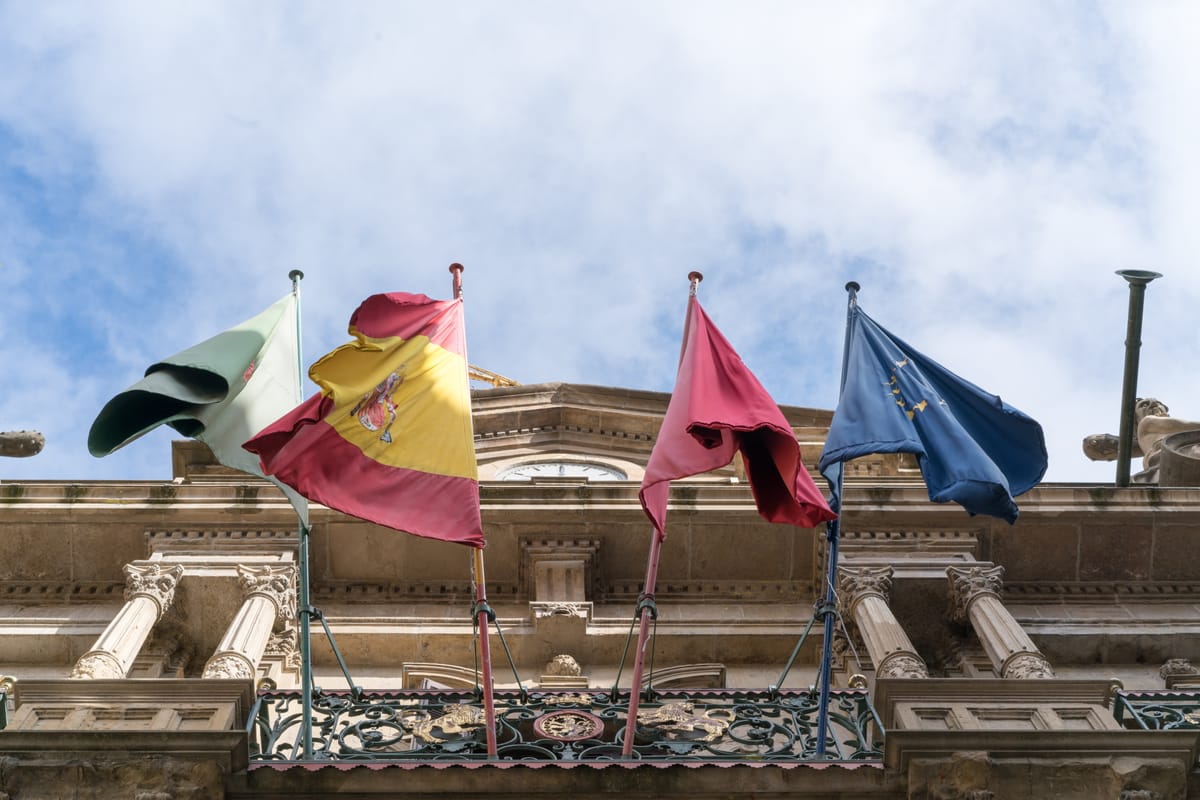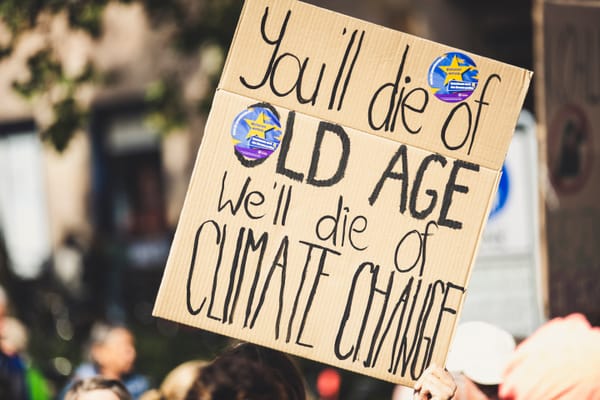Vaccine nationalism: ethical or scientific issue?
Science Editor Lily Shepherd looks at recent displays of vaccine nationalism in Europe and examines the issues surrounding these policies

The EU’s COVID-19 vaccine policy has been a source of great controversy over the past few weeks. Citing AstraZeneca’s failures to deliver vaccines that the European Commission claims were promised to the bloc, the EU has introduced export controls on vaccines that are produced in EU countries. These controls allow EU member states to deny authorisation of vaccine exports if the company producing the vaccine has not honoured its contracts with the EU.
While AstraZeneca claim that supply issues are a result of logistical problems, including production glitches and the late signing of contracts, the EU have argued that some of the AstraZeneca vaccine being produced in England, that was intended for EU citizens, has instead been supplied to the UK. It is true that the EU’s last-minute introductions of restrictions and U-turns on issues like export over the Irish border are symptoms of misjudged leadership and disorganisation, but there is another issue at play here.
Vaccine nationalism is at the root of these disputes, and it raises a number of ethical and scientific questions. Vaccine nationalism refers to the belief that each country is responsible for the inoculation of its own population only. Each government has a duty to vaccinate the people of its country, and has no responsibility towards the vaccination of the rest of the global population.
Why should our lives be worth more simply because our government has more cash?
The issue with this is that some countries are richer than others, and since the pharmaceutical industry is largely privatised, vaccines are owned by companies who charge for their production. All countries have to buy the vaccine from these companies, and are unable to produce it in their own laboratories.
This has naturally led to richer countries being able to buy up vast quantities of vaccines – often more than they actually need – while poorer countries are left behind. A recent study by Duke University's Global Health Institute found that, as of mid-January, a group of rich countries comprising 16% of the world's population had purchased 60% of the total global vaccine supply. The UK has acquired over 400 million doses of vaccines (both approved and still in trial stages), for its population of 67 million.
In an attempt to combat potential issues of global supply, the WHO set up “Covax”, a global scheme to ensure equitable access to COVID-19 vaccines. The scheme aims to deliver vaccines to at least 20% of the populations of 92 lower-income countries, who do not currently have equitable access to global vaccine supplies.
Wealthier countries like the UK and Canada have signed up to Covax and donated funds to the scheme, but have continued to acquire an excess of vaccines. This creates two issues. Firstly, even if these countries are in a position to donate their excess vaccines to countries that have a shorter supply, they have created an extra logistical step in the supply chain – they are now a middle-man between the supplier and the other country – which slows the process of vaccine distribution significantly.
Secondly, the UK can now decide to vaccinate their entire population before donating any vaccines, which could potentially mean that less vulnerable people in the UK, e.g. those under 50, are vaccinated before more vulnerable groups are vaccinated in lower-income countries. International Trade Secretary Liz Truss appeared to condemn vaccine nationalism last week on Sky News, stating that “we’re only going to be able to deal with this disease if we get everybody vaccinated across the world”. But at the same time, she also avoided making any commitment to the UK sharing its supply, stating that it was “a bit too early to say” whether the UK would consider donating doses once the most vulnerable have received their jabs. The UK’s support of global vaccine supply seems uncertain, then.
All countries should want to vaccinate the world, not just their own population, as quickly and efficiently as possible – because we never know which variant is around the corner.
If the UK did decide to take an “us before them” approach, it would raise a number of clear ethical concerns. The most vulnerable groups (frontline workers, older people and those with underlying health conditions) have the highest coronavirus mortality rate. They need their vaccines soonest to prevent the most deaths. If you subscribe to utilitarian moral philosophy, then the choice to vaccinate those who are much less likely to die from coronavirus in the UK before vulnerable groups in lower-income countries is a clear and unethical prioritisation of the lives of British people. In other words, why should our lives be worth more simply because our government has more cash?
But if the moral argument doesn’t convince you that vaccine nationalism is a problem, perhaps the scientific one will. There is still ongoing debate about whether or not new COVID-19 variants could reduce vaccine efficacy, with the “South African variant” 501Y.V2 being the most worrying. Mutations have been found on this variant that appear to reduce the strength of the “neutralising antibodies” which our body produces to fight the virus when we receive RNA vaccines (i.e. the Moderna or Pfizer vaccine). On 28th January, Novavax released data from clinical trials that suggested that its experimental vaccine was only 50% effective against the South African variant, while being over 80% effective against other variants. Similarly, the new one-shot Johnson and Johnson vaccine has significantly reduced efficacy against the South African variant.
So there is a chance, then, that we are vaccinating the world against an invisible clock. We are completely unable to predict if, when and where new variants of COVID-19 will appear, and how they will respond to the vaccines that have been approved so far. New variants are mutations of old variants, which means they are less likely to be produced if the old variants are prevented from spreading. We have seen over the past year and a half that it is near impossible to keep a virus contained in such a globalised world. So all countries should want to vaccinate the world, not just their own population, as quickly and efficiently as possible – because we never know which variant is around the corner.
We all want to be able to return to our normal lives, to open up our borders and economies, and to travel around without fear or limit. It is clear that an international approach to vaccine distribution is more likely to make this happen, but it will require hard diplomatic work and a sacrifice of national pride. And this work goes beyond vaccines, too. If we want our world to be protected against another global pandemic in future, then international collaboration must be at the centre of all policy decisions relating to epidemiology.






